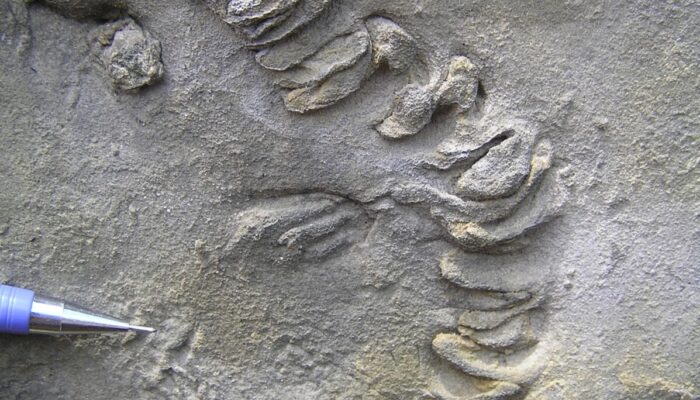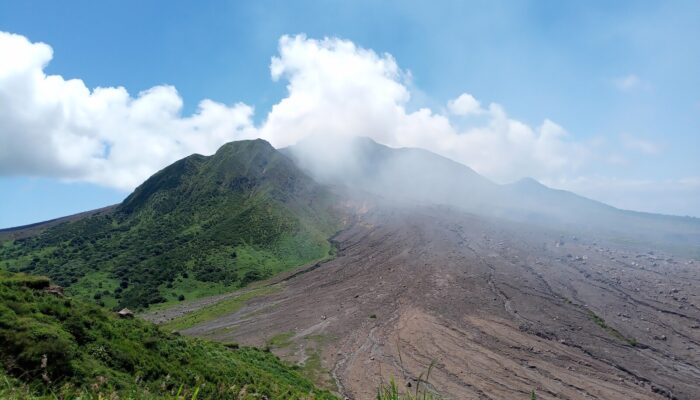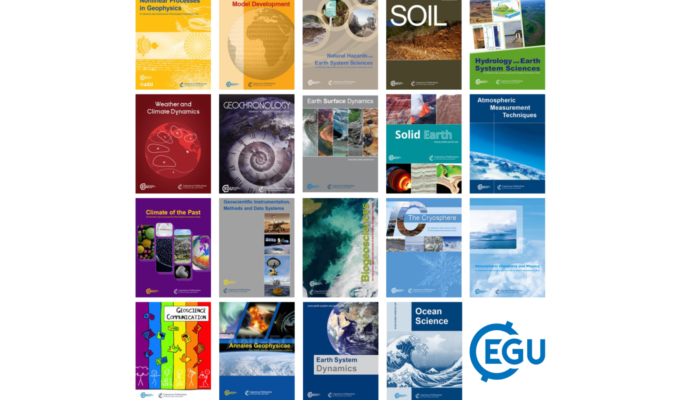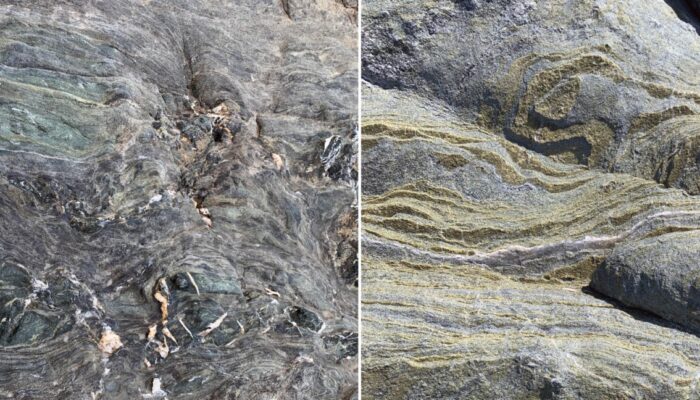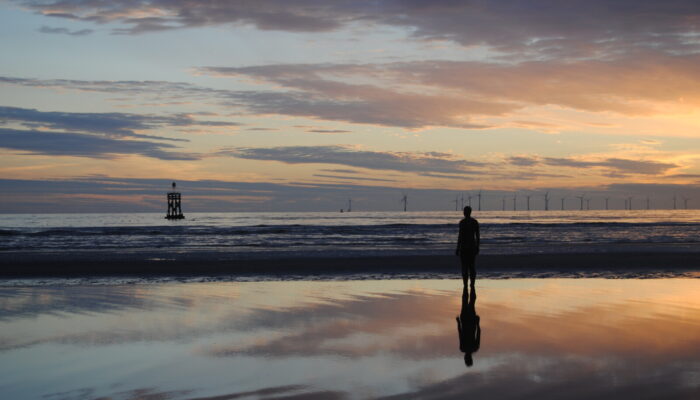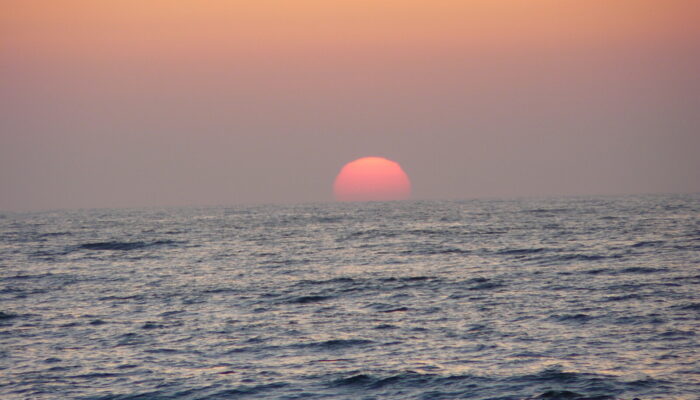This miniseries features the tradition of ‘PhD hat’ making in German research institutes and universities. For those of you unfamiliar with this idea (as I once was), this is one of the final milestones a graduate student has before they are officially a “Dr.”. Upon the successful defense of a thesis, the peers of the PhD student craft a graduation hat from a mishmash of scrap cardboard and memora ...[Read More]
If you didn't find what you was looking for try searching again.
Stratigraphy, Sedimentology and Palaeontology
Broadening our Understanding of Bird Ichnology through Neoichnology
Introduction Bird footprints are some of the most recognizable traces in the fossil record. Yet birds exhibit a wide variety of behaviours which may be preserved as ancient traces. Records include feeding traces like probing, nesting structures and possibly coprolites, but the study of the traces left by modern birds extends their scope to courtship-related scrapes, swimming and diving traces, bir ...[Read More]
Geodynamics
Between the Volcano and the Deep Blue Sea: Tales from Montserrat (Part 2)
In 1995, the Caribbean Island of Montserrat was shaken by the beginning of one of the most significant volcanic eruptions in recent history: one that profoundly changed the natural, social and economical landscape of the country. Three decades later, Soufrière Hills Volcano and its legacy of destruction still shape the lives of Montserrat’s people. Last October, we took you on the first half of ou ...[Read More]
GeoLog
GeoRoundup: the highlights of EGU Journals published during November!
Each month we feature specific Divisions of EGU and during the monthly GeoRoundup we put the journals that publish science from those Divisions at the top of the Highlights section. For November, the divisions we are featuring are Planetary and Solar System Sciences (PS), Solar-Terrestrial Sciences (ST), and Earth and Space Science Informatics (ESSI). They are served by the journals: Annales Geoph ...[Read More]
Geodynamics
A New Look at the Rheology of Deep Subduction Zones
Subduction zones are dynamic regions where intense geological processes like earthquakes, volcanic eruptions, and the recycling of oceanic crust are constantly at play. A key factor that influences the behavior of these zones is *interface rheology*—the strength and viscosity of the boundary (the interface) between the subducting and overriding plates. Understanding this interface is crucial for i ...[Read More]
Nonlinear Processes in Geosciences
NP Paper of the Month: “Representation learning with unconditional denoising diffusion models for dynamical systems”
About the revolution of generating butterflies Imagine the most vibrant butterfly you can conceive. Congratulations – you’ve just achieved what generative AI does! This technology can create images from simple text descriptions, revolutionising image generation. But as geoscientists, how can we use it to improve the prediction of chaotic system like our weather? How can it help us to discover prop ...[Read More]
GeoLog
Between energy transition and racialised disparities: are we on the right path to energy justice?
Navigating the world in a Black or any other non-Caucasian body often means facing systemic disadvantages, marginalization, and discrimination especially in predominantly white spaces. These inequities shape all aspects of life, from accessing healthcare and education to economic opportunities and even access to basic resources like energy. Across the globe, Black, Indigenous, and People of Colour ...[Read More]
Geodynamics
Between the Volcano and the Deep Blue Sea: Tales from Montserrat (Part 1)
In 1995, the Caribbean Island of Montserrat was shaken by the beginning of one of the most significant volcanic eruptions in recent history: one that profoundly changed the natural, social and economical landscape of the country. Three decades later, Soufrière Hills Volcano and its legacy of destruction still shape the lives of Montserrat’s people. Join us on the first part of our reportage and fi ...[Read More]
Tectonics and Structural Geology
Geology Bites: Podcast conversations about geology with researchers making key contributions to our understanding of the Earth and the Solar System
As readers of this blog know, geology is an awe-inspiring subject, dealing as it does with immensely powerful forces operating on time scales, pressures, and temperatures we can barely fathom. It is geological processes that are responsible for the continents, oceans, mountain ranges, indeed for all the landscapes we see around us. Even though many of these processes operate over deep time and dee ...[Read More]
GeoLog
Ocean hypoxia: what does the increase of dead zones mean for marine life?
When runoff from farmland and urban areas enters our streams and rivers, it carries a heavy load of fertilizers and nutrients. These substances accumulate and flow into our coastal oceans, triggering a series of reactions that can create hypoxic ‘dead zones’. Dead zones are low-oxygen, or hypoxic, areas in the world’s oceans and lakes. Because most organisms need oxygen to live, very f ...[Read More]


